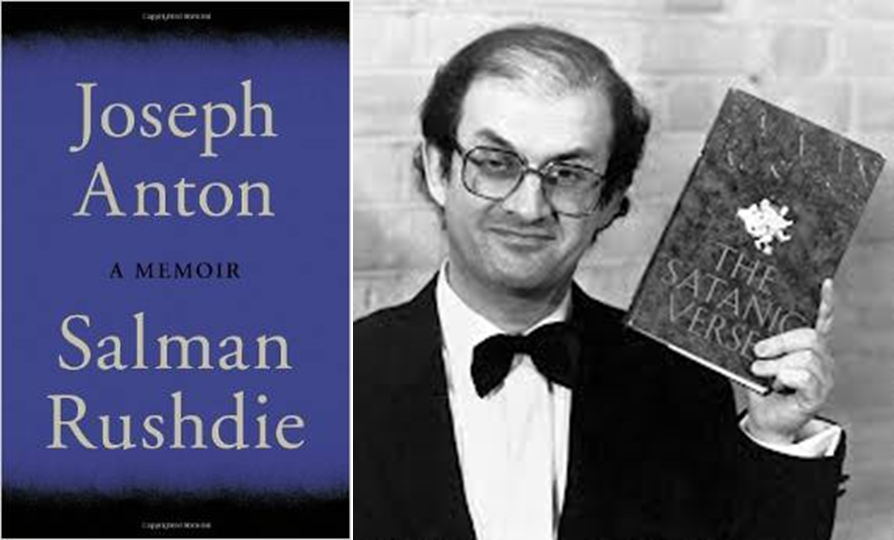The novel is set in Mumbai during 1971 in the background of
India’s war with Pakistan during liberation of Bangladesh. That incident caused
migration of a huge population from Bangladesh to India and Mumbai too witnessed
a fair share of refugees in the town. Even though the novel touches upon many
sensitive subjects (and was withdrawn from Mumbai University's syllabus), it is mainly
the story of Gustad Noble, a member of Parsi community living in Mumbai, his
family, friends and other residents of Khodadad Building.
Gustad Noble, is a hard working bank clerk, a devoted family
man, had gone through the hardships of life in his upbringing. He wishes that the
life of his children will be better than his. But his promising son who got
admission into a IIT refuses to join there instead expresses interests in the Arts
course. His loving daughter falls ill. These developments make Gustad sad. A
letter puts into him motion again which was sent by his friend, Major Jimmy Billimoria,
an ex-army man who had joined RAW, a secret service reporting to Prime Minister
of India. The letter asks to collect money from one of the RAW agents and put
it into the hands of rebels fighting for separation of Bangladesh. He initially
finds it interesting to do the task but when he tries to back out at the second
thought, he receives a threat note. He feels he is deceived by his friend who
he considered as elder brother. Being drawn into this dangerous plot, with the
help of an associate at Bank, he puts Major Jimmy’s money transfer plan. But
the fear of getting caught burns him and it takes out the peace and calm out of
his life.
 |
| Top Right: Rohinton Mistry; Bottom Right: A still from movie adoption of the book |
It turns out that Major Jimmy had had a different plan of
diverting some of the funds from the operation he is working on for personal
objectives. He is not happy working for the then Prime Minister of India, Indira
Gandhi who had used RAW for her personal motives, to keep a check on her
political enemies. (This novel describes the functioning style of Indira Gandhi
without naming her). Government officials discover the plan of Major Jimmy, take
him into custody and torture him to recover the funds. Gustad meets his friend
Jimmy on his deathbed and is asked to forgive him for his inability to be transparent
in what happened. Gustad realizes how things turned out and later reads in a
newspaper that his friend, Major Jimmy is no more. An associate of Major Billy at RAW
vows to avenge this accusing the son of PM Sanjay for what had happened. Gustad wonders about
the impermanence of the life.
Such a long journey is indeed a long journey for the reader
too (and boring in between as well). It is very rich in the details of
characters and the places and effectively transfers the sad feeling to its
readers. Though all the pages of this lengthy novel were not required for
central plot of the novel, they provide literary dimensions to the book and make it
long lasting.
This is the second book of Rohinton Mistry, first published
in 1991. It was shortlisted for Booker prize and won the Commonwealth Writers
Prize for the author.




